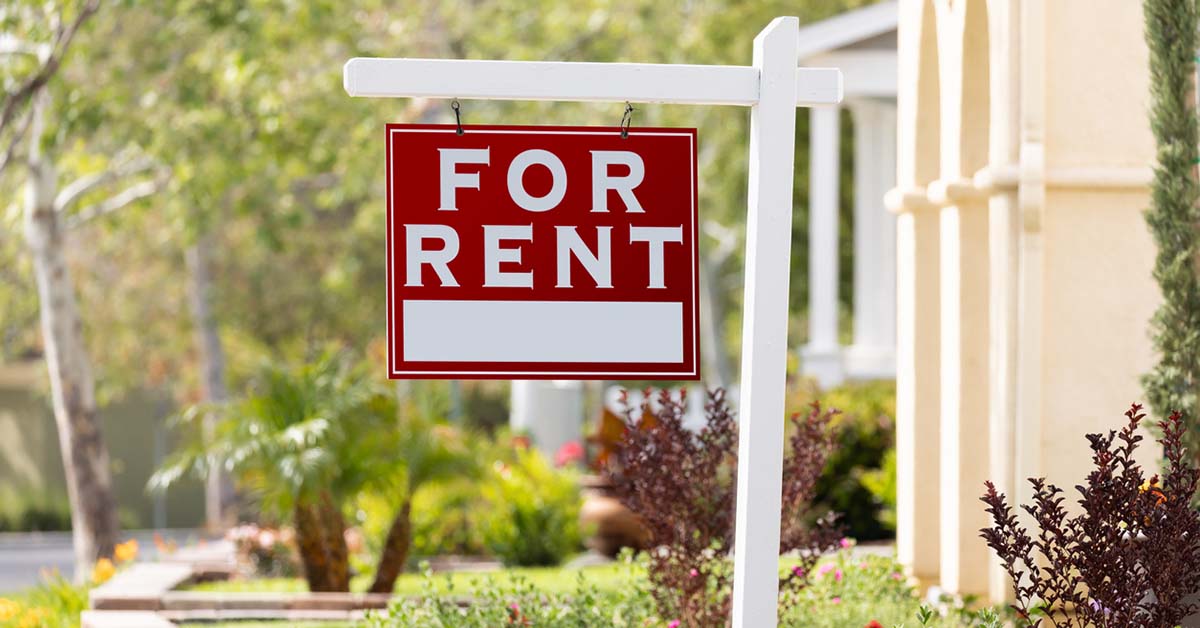What Is Negative Leverage in Real Estate?

Real estate investors often use debt to finance their endeavors. This allows the investor to put up less money in acquiring a property. The use of debt by the investor is called leverage. Basically, the investor is granted buying power through a loan. It’s money the investor would not otherwise have.
What Is Net Operating Income on a Rental Property?

If you google the term “metrics used for rental properties,” the 54 million results offer a plethora of acronyms and phrases, presented as thought leadership articles and blogs in the format of “Top-10” listicles or “important metrics” information..
What Is Capital Risk and How Do You Calculate It?

When deciding to invest funds into a risky (and hopefully high return) endeavor, one of the first decisions is how much money should be invested. It’s another way of asking how much money I want to lose if the venture goes south.
What Is the Difference Between a Triple Net (NNN) and a Full Service Lease?

As an investor in commercial real estate, you know that ownership is never risk-free or without effort required. There is typically significant effort necessary to manage your properties, even if you engage professional assistance. Still, some assets are more labor-intense than others, and the type of lease you use can make a big difference. Let's look at the difference between a triple net (NNN) lease and a full-service lease and how the choice can affect you.
Is Foundation Repair Tax Deductible on a Rental Property?

We’ve mentioned in previous blogs that investment in real estate—specifically, real estate that you buy as an investment and rent to others—comes with a plethora of deductions that can be used to offset income reported on your annual tax return.
What Is a Limited Partnership in Real Estate?

When you want to invest in real estate but don't want to take on all of the risks, you should consider investing in a real estate limited partnership (RELP). This type of partnership involves gathering funds and assets from numerous investors before buying, developing, and selling properties. While there are some clear advantages of investing in a limited partnership, you should understand what this investment entails before putting your money towards it.
Do Realized Gains Count as Income?

Investing in real estate can help make your portfolio more diverse while also giving you opportunities to seek returns and income. If you invest in a property and eventually sell it, your profits may be considered capital gains, which can typically be taxed. However, there is a difference between capital gains that are realized and ones that are unrealized, which you should be aware of before investing in real estate.
What Is a Real Estate Investment Group (REIG)?

If you've become interested in real estate investments because of the potential for high returns, you'll find that there are many different types of real estate investments at your disposal. One such investment is a real estate investment group, which gives you the opportunity to invest in real estate without needing to actively manage the property.
What Is a Bondable Lease?

Commercial real estate investors need to consider many factors when choosing a property, tenants, and the type of lease to offer tenants. Depending on the situation and property characteristics, using a gross lease or one of the net lease options, like a double or triple net, may make more sense.
What Are Realized Losses?

Gains and losses are part of life, certainly an inevitable aspect of investing in real estate (or anything else). How investors manage those gains and losses is part of the strategy. When an asset is worth more than you paid for it (your basis), you have a gain, and when it is worth less than your basis, you have a loss. However, that gain or loss is unrealized unless you dispose of the asset. Also, gains and losses are categorized by the IRS as short- or long-term.


